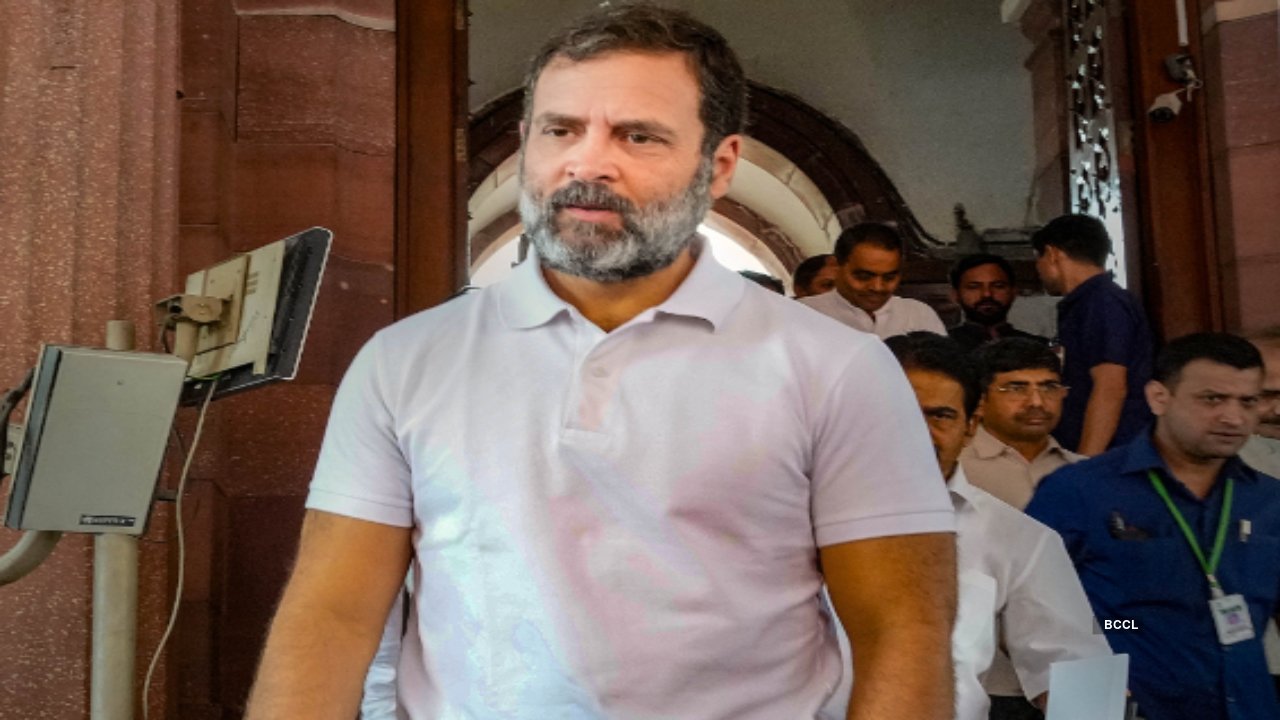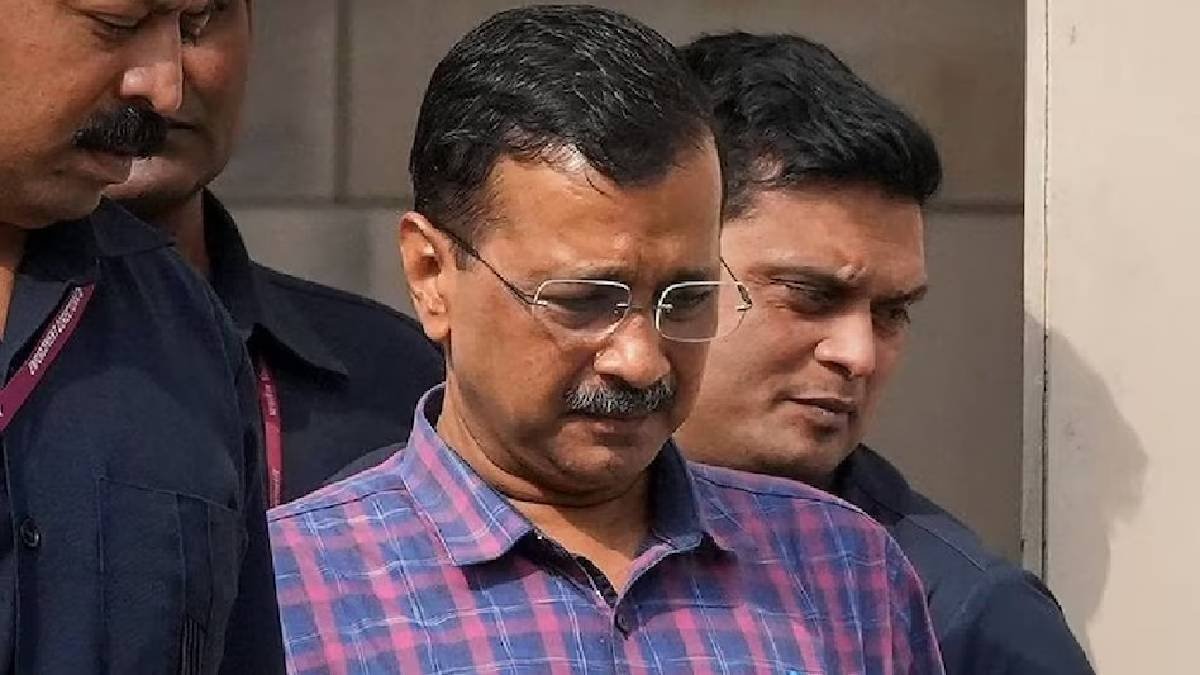New Delhi, Feb 13: The investigations of the Enforcement Directorate (ED) have often come under the scanner of the Supreme Court and high courts.
Most recently, the SC pulled up the ED on February 12 for using Prevention of Money Laundering Act (PMLA) to keep a former excise officer incarcerated and asked if the provision was “being misused” like the dowry law.
On another occasion, the top court called out ED’s “high handedness” and “inhuman conduct” over a 15-hour long interrogation of former Haryana Congress MLA which it noted had gone on past midnight.
Hearing a bail application of a woman in another case of money laundering, the apex court said the ED made arguments “contrary to the provisions of PMLA” to oppose her plea.
“We will not tolerate conduct on the part of the Union of India to make submissions contrary to statute,” it said.
A former IAS officer was summoned and arrested by the agency. The top court questioned the “tearing hurry” the ED had shown to carry out his action. “This does not happen in the case of terrorism or serious offences in the IPC,” it said.
It had underscored the low rate of conviction in money laundering cases and asked the ED to focus on quality of prosecution and evidence.
Referring to a statement made in Parliament, a three-judge bench of Justices Surya Kant, Dipankar Datta, and Ujjal Bhuyan had said the ED should do some scientific investigation to increase the conviction rate.
There are also instances of the high courts censuring the agency for its investigation methods.
On one occasion, the Bombay High Court told the ED the right to sleep was a basic human requirement and couldn’t be violated for recording statements overnight.
In a separate case, the Bombay High Court cautioned the ED against harassing citizens and taking the law into its own hands.
In November, 2024, the Punjab and Haryana high court called the agency’s probe “slipshod and unprofessional” and asked the ED director to explain the lapses.
Trial courts too have expressed displeasure over ED’s probe at times.
ED overreached its powers by recording statements of doctors at private hospitals under Section 50 of the Prevention of Money Laundering Act, 2002 without any evidence of their involvement in money laundering activities, a trial court said in a case.
On February 12, a SC bench of Justices Abhay S Oka and Ujjal Bhuyan was hearing the bail plea of Arun Pati Tripathi, a former excise officer from Chhattisgarh. The bench granted him bail, wondering how he was in custody despite the high court concerned quashing the order on cognisance of the complaint.
“The concept of PMLA (Prevention of Money Laundering Act) cannot be that a person should remain in jail. If the tendency is to keep the person in jail, even after cognisance is quashed, what can be said? See what happened in 498A cases, PMLA also being misused like that?” it asked.
Section 498A of the Indian Penal Code protects married women from cruelty by their husbands and their relatives.
When the ED counsel opposed the bail plea and said crooks could not get away on technical grounds, the bench said, “It is shocking that the ED knows the cognisance was quashed, yet this was suppressed. We should summon the officers. The ED must come clean.”
“What kind of signals are we giving? Order taking cognisance is quashed and the person is in custody,” it added.
Tripathi, a former Indian Telecom Services officer, had challenged a Chhattisgarh High Court order denying him bail in connection with a high-profile liquor scam in the state. (PTI)












